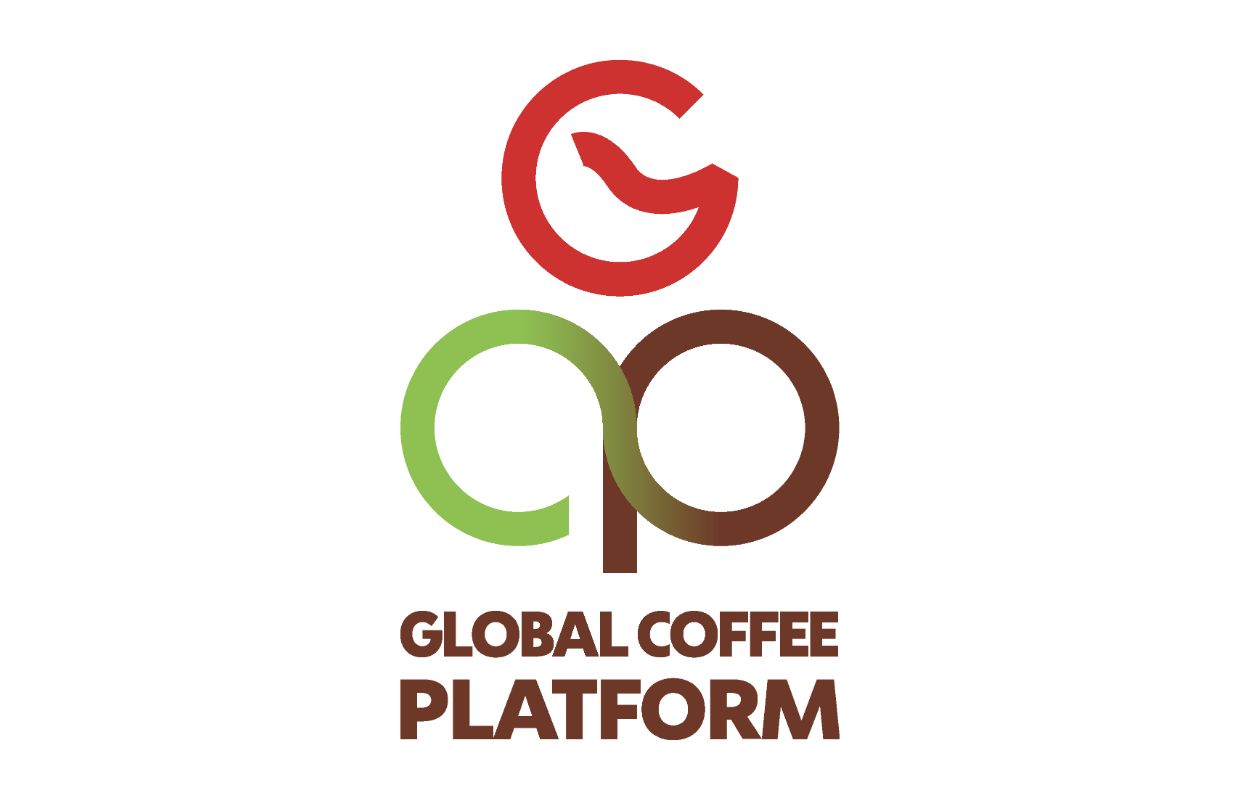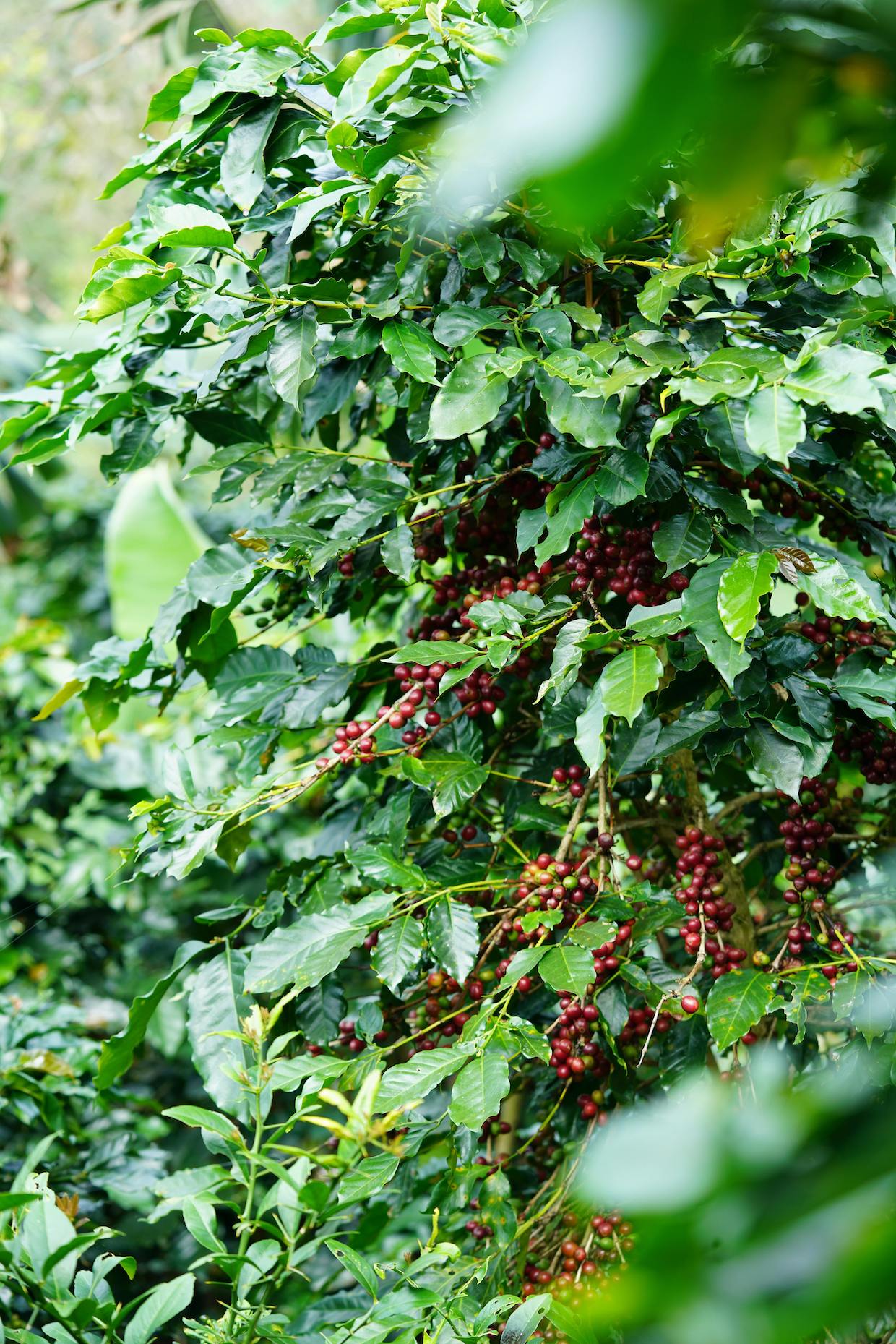Following a six-month collaborative effort, the Global Coffee Platform just published RegenCoffee, a guidance document designed to provide shared language and resources surrounding regenerative agriculture in the coffee sector.
Regenerative agriculture has become one of the coffee industry’s buzziest words of the decade, despite having no clear, universal definition in coffee or other sectors. While it is primarily associated with environmental stewardship — including soil regeneration and biodiversity — it has also become associated with climate resiliency, farmer profitability and even more abstract concepts such as corporate sustainability.
GCP, meanwhile, says the RegenCoffee guidance is designed to help the coffee industry move beyond scattered definitions while providing a “common language needed for consistent, sector-wide transition to regenerative agriculture in coffee production.”
The publication completes the first phase of a four-phase GCP initiative under the RegenCoffee name.
“The threat to sustainable coffee production is real, but so is the opportunity,” GCP Executive Director Annette Pensel said in an announcement of the launch. “By embracing regenerative agriculture in partnership with coffee farmers and governments, the coffee industry can mitigate these challenges while fostering a pathway to farmer prosperity and supply resilience.”
GCP grew out of the 4C certification movement and maintains a baseline sustainability reference code that is used to support corporate sustainability efforts throughout the coffee industry. The group said the new RegenCoffee guidance will be worked into the sustainability reference code through the project’s second phase, occurring in 2026.
Additional phases of the RegenCoffee project will include national contextualization, whereby in-country partners help to define RegenCoffee in specific origins and for different farm archetypes. The fourth phase will involve field testing, results monitoring and scaling where feasible.
To be clear, RegenCoffee is explicitly “not a standard” or certification, but “a common language and framework of shared outcomes and key performance indicators (KPIs)” that can be used alongside existing certifications or programs, according to the guidance document.
While GCP noted that the guidance is “farmer-centric by design,” funding for the guidance was provided by three large European coffee roasting companies — Illycaffé, Nestlé and JDE Peet’s — each of which was represented in a task force advisory committee that helped drive the project. Other task force members and GCP technical committee members involved in the project came from the private sector, sustainability NGOs and certification schemes.
“Transitioning to regenerative agriculture is essential not only for the planet’s ecosystems and global food security but also for the economic sustainability of farming communities,” GCP said in the launch announcement. “This shift must happen at scale — requiring a collective response.”
Comments? Questions? News to share? Contact DCN’s editors here. For all the latest coffee industry news, subscribe to the DCN newsletter.
Related Posts
Nick Brown
Nick Brown is the editor of Daily Coffee News by Roast Magazine.








Comment